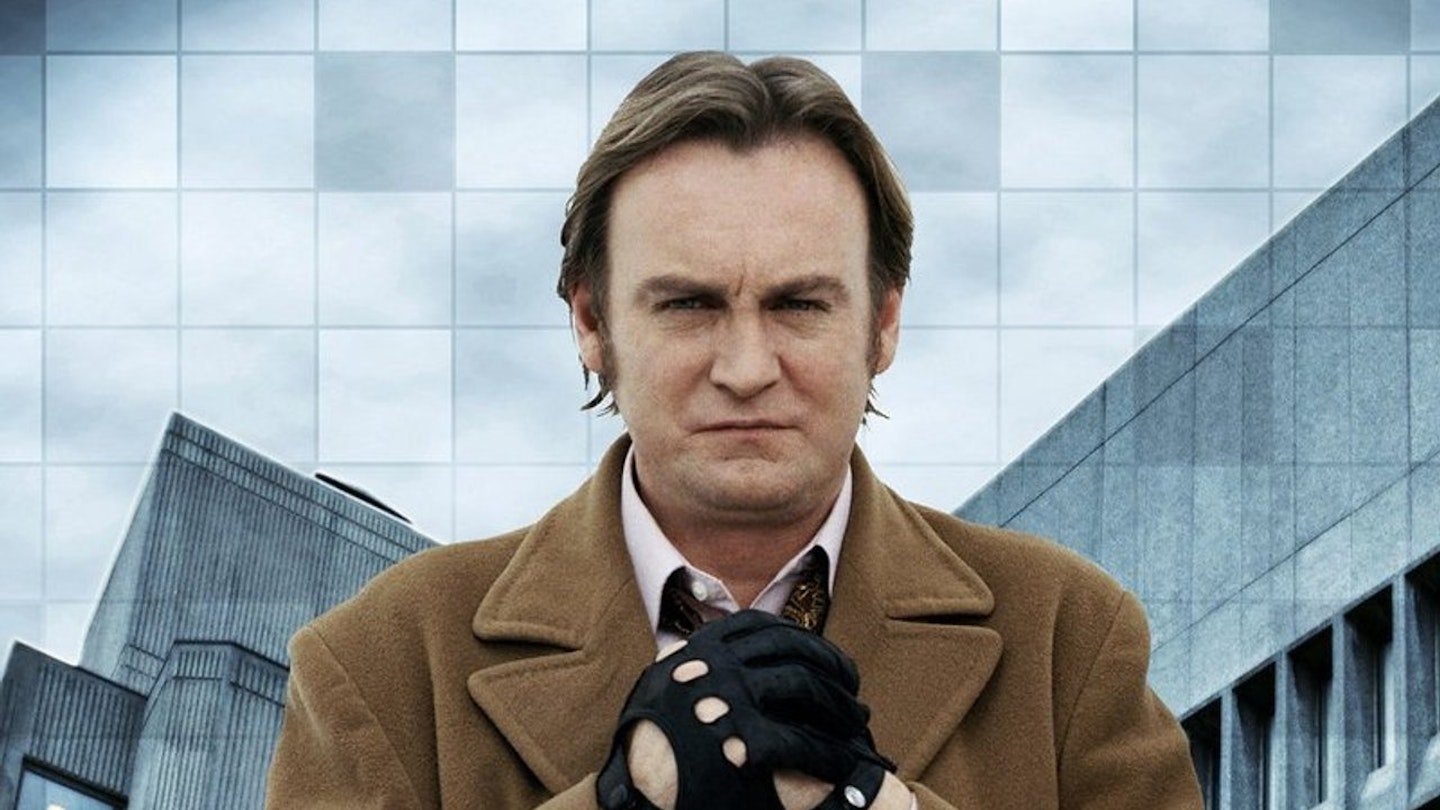Time-travel stories are silly. Bags of fun, yes, yes, but daft to the core. What separates your Back To The Futures from your Butterfly Effects is enough chutzpah to sail the viewer past the implausible technical stuff and get stuck into the dramatic implications. The BBCs eight-part hit Life On Mars pays lip service to why John Simms DCI Sam Tyler suddenly finds himself in 1973 ("Am I mad, in a coma, or back in time?"), but doesnt get bogged down in the mechanics. Its just a ploy to explore ideas of memory, history and nostalgia. And to dress up like The Sweeney.
Mars premise turns the usual formula on its head: the hero is the by-the-book stickler everyone else is a gritty maverick who breaks the rules to get results; by todays standards the British polices brutal bad old days are as savage and alien as the Wild West. Yet, in other ways, the era was more innocent. In the standout fifth episode, for example, Sam realises hes witnessing the seeds of football hooliganism and delivers an anguished monologue on how it will reach full bloom on the corpse-littered terraces of Heysel and Hillsborough.
Flared trousers are here part of the scenery, not a snickering sight gag. The colour scheme is fag-smoke-grey and ale-brown. Playing rough-hewn DCI Gene Hunt, Philip Glenister is even gifted with an authentic 1970s face, moulded by bad food and power cuts. Elements of the scarily surreal (Sams dialogues with the TV test-card girl) to the touchingly credible (his nuanced encounters with his parents) are added, but Life On Mars bedrock is its deft, thought-provoking recreation of a very different Britain, an eloquent confirmation of novelist L. P. Hartleys famous line, "The past is another country."
